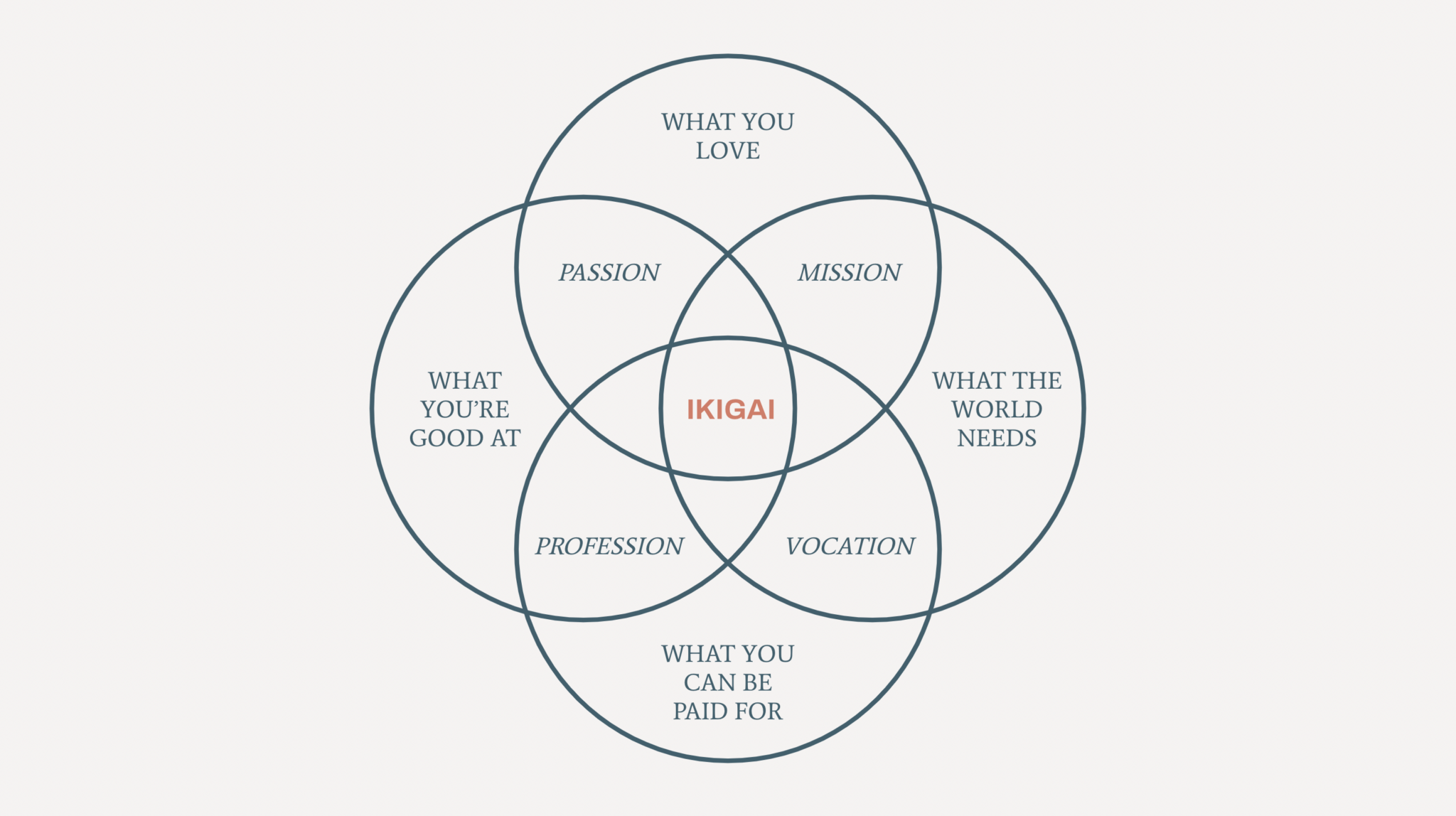

Every language has words and phrases for which there is (considered by native speakers to be) no exact translation in other languages (see Wikipedia's article, and Wikipedia's "Words and phrases with no direct English translation"). See also untranslatable.co "...an online dictionary that allows people to add words and expressions from all over the world."
Here are some from Japanese:
Mono na aware. 'the sadness of things'; "The bittersweetness of a brief and grading moment of transcendent beauty."Wabi sabi. "Finding beauty within the imperfections of life and peacefully accepting the natural cycle of growth and decay."
Yugen. "A profound, mysterious sense of the beauty of the universe...and the sad beauty of human suffering."
Koi no yokan. "The gut feeling upon first meeting someone that you will eventually fall in love with them." "The feeling upon meeting someone that falling in love with them is inevitable."
Fuubutsushi. "The things — feelings, scents, images — that evoke memories or anticipation for a particular season."
Today I learned another:
Ikigai
Oliver Burkeman
https://nesslabs.com/ikigai
One unique Japanese concept is the idea of ikigai, which can be roughly translated to reason for being (or "raison d'être") . Each person's ikigai is personal to them, reflective of their inner self, and creating a mental state in which they feel at ease.
What makes it such a powerful idea in today's age of constant change and uncertainty is that ikigai doesn't limit someone's value in life to career and financial status. In fact, in a survey of 2,000 Japanese people conducted by Central Research Services, only a third of respondents considered work as their ikigai.
Rather, ikigai is about feeling your life makes a difference in people's lives — the idea that you can contribute to other people's lives simply by living a fulfilling life. And this idea can unlock many benefits.
The Health Benefits of Ikigai
Because your ikigai is less of a theory and more of a way of living, it can have a profound impact on your mental and physical health.
Leverage the Actual Power of Ikigai
The concept of ikigai has often been misunderstood in the Western world largely due to the popularity of the below Venn diagram:

However, the concept of ikigai is not about finding the intersection of what you love, what you're good at, what the world needs, and what you can get paid for. It's just about finding pleasure in life and being happy to get up in the morning.
"Japanese people don't view ikigai as a lofty goal, a destination, or something to achieve," explains Nicholas Kemp, author of the book Ikigai-Kan.
Similarly, in The Little Book of Ikigai, Ken Mogi wrote: "Japanese do not need grandiose motivational frameworks to keep going, but rely more on the little rituals in their daily routines."
Your ikigai can be found in small daily rituals, side projects, and deep conversations. It can be found in moments of silence and idleness, or in creative flow.
To discover your ikigai, forget about the westernized version and instead follow these principles:
As psychiatrist Mieko Kamiya puts it, ikigai is closer in Japanese to the "power necessary to live in this world" or the "happiness to be alive", which unfortunately is often translated to "a life worth living" in English, when the original concept doesn't ascribe measurable value to our lives.
Instead of pursuing a grand life purpose, optimize for wanting to wake up in the morning. Live a life of curiosity and connection. Trust that success will be a byproduct of the meaning you find in daily experiences.